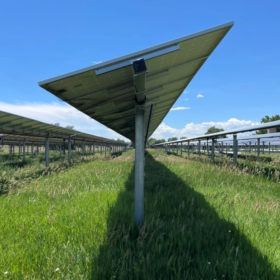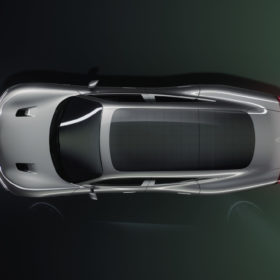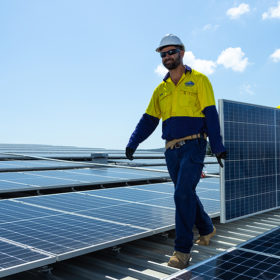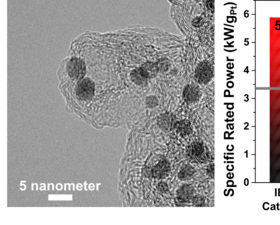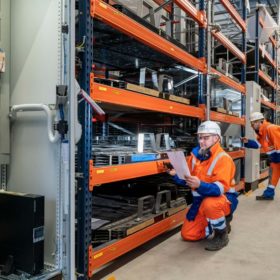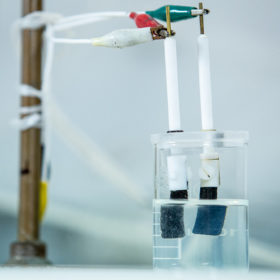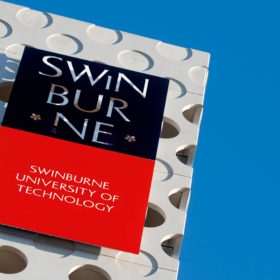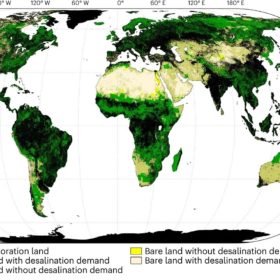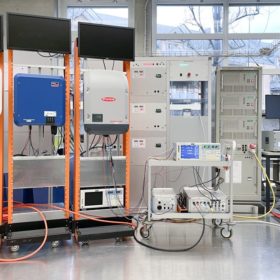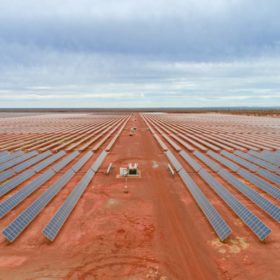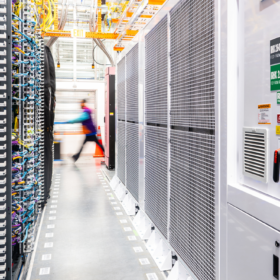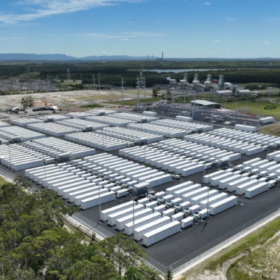Impact of single-axis agrivoltaics systems on non-irrigated grassland
US researchers are studying how agrivoltaic systems mounted on single-axis trackers affect rainfall and light redistribution at a 1.2 MW installation on grassland in Boulder, Colorado.
Efficiency of solar vehicles in real-world conditions
A new three-year pilot project will assess the efficiency of vehicle-integrated PV and verify it with on-the-road monitoring and testing. The goal is to predict the charging infrastructure needed for electric vehicles with PV modules.
Australia’s top 10 solar panel and inverter manufacturers revealed
Analysis from Sunwiz has revealed Australia’s breakdown of top rooftop solar and inverter manufacturers for 2022.
Novel design for high-power PEM fuel cells
UNSW Sydney researchers have developed an algorithm to enhance images of PEM fuel cells, meanwhile South Korean researchers have revealed a scalable production method for platinum-based fuel cell catalysts. Germany has moved forward on its hydrogen strategy by signing agreements with Australia, Belgium, and the Netherlands.
How safe are second-life EV batteries as home energy storage devices?
There is currently no widely accepted test methodology to assess the safety of second-life lithium-ion batteries (LiBs). However, a UK government study reveals two opposing views on their safety, raising concerns over whether such devices should be deployed in homes under any circumstances.
RMIT researchers reveal new method to split saltwater into hydrogen
Australian scientists have developed a new method to make hydrogen directly from seawater, describing the technology as a critical step towards a truly viable green hydrogen industry.
Industry and academia combine to develop energy transition hub
German industrial giant Siemens has partnered with Swinburne University of Technology to develop a future grid mapping “energy transition hub.” The project seeks to accelerate the transition to renewable energies by bringing research and industry together while also serving as a learning tool for Swinburne students.
PV-powered seawater desalination for afforestation carbon capture
Finnish researchers have proposed the use of solar, wind, and storage to provide desalinated seawater to restore forests. Their model predicts that an additional 10.7 TW of PV would be needed to actually do this by 2100, leading to a cumulative carbon dioxide sequestration potential of 730 gigatonnes.
Survey shows 34.3% failure rate for residential inverters over 15 years
The Bern University of Applied Sciences in Switzerland has published the initial results of a survey on the durability and performance of residential PV inverters and power optimisers over a 15-year period. They found that more than 65% of the inverters did not present yield-relevant faults by their 15th year of operation.
Research project to target thermal losses in large-scale solar farms
Modular solar array manufacturer 5B will work with researchers from the University of Sydney to optimise the design of large-scale solar farms in a bid to minimise temperature-induced panel efficiency losses. The research project secured funding support in the latest round of the Australian Research Council’s Linkage Project Grants program.
